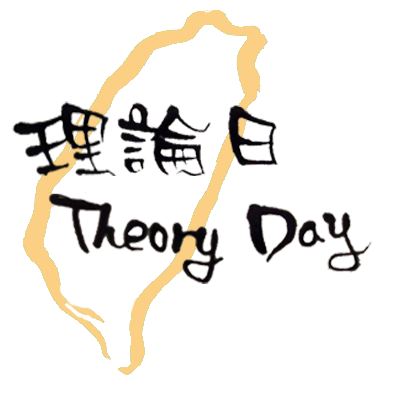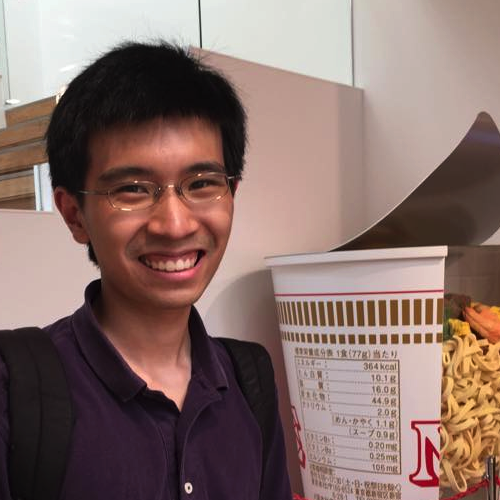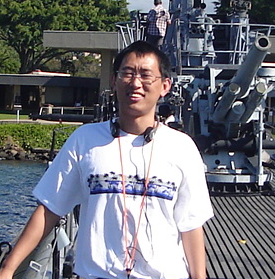
Theory Day in Taiwan (2016B)
Date: Tuesday, 17 May, 2016
Location: R106, 1F, Engineering Building I, National Tsing Hua University, HsinChu
Quick links: Program, Talk Abstracts [PDF]
Talk slides: talk 1, talk 2, talk 3, talk 4,
The Theory Day in Taiwan is an experimental one-day event that aims to stimulate interaction and discussion for TCS researchers in Taiwan and nearby countries. We plan to host 3-4 hour-long talks in general TCS area with long breaks for interaction. The meeting is free and open to everyone; in particular, students are encouraged to attend. The first Theory Day in Taiwan (2016A) was held in Taipei on 26 March, 2016.
We also create mailing lists for disseminating theory-related events in Taiwan. Please subscribe NOW for more information about Theory Day and Theory Event in Taiwan!
Speakers:
Mark Bun (Harvard University)
Georgios Piliouras (Singapore University of Technology and Design, Singapore)
Xin Han (Dalian University of Technology, China)
Yuichi Yoshida (National Institute of Informatics, Japan)
Subscribe to the Mailing List !



